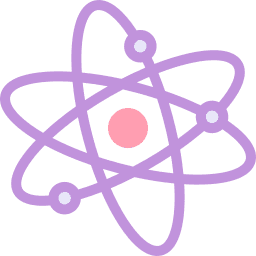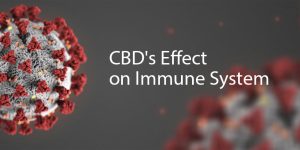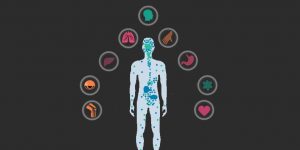CBD works through interacting with the body’s endocannabinoid system, achieving homeostasis.
Researchers believe that CBD alters the CB1 and CB2 receptors and work to prevent molecules form being broken down. Recent studies show that CBD may help with a wide array of physical and psychological issues.
They’ve found that it’s reduced their anxiety and quelled their nausea, but they’ve also discovered that CBD enhances the mind and body connection. So, how does CBD work and what does the science say about its efficacy?

CBD works through its interaction with the body’s endocannabinoid system. This system, often referred to as ECS, is partially responsible for maintaining your body’s equilibrium, or homeostasis.
Because of this role, your ECS is present practically everywhere inside your body. So, in a very real way, CBD oil interacts with almost every system in the body.

Unlike THC, which binds to the CB1 and CB2 receptors of the endocannabinoid system, researchers believe CBD alters the receptors and works to prevent molecules from being broken down by the ECS. This interaction is also why CBD doesn’t produce a “high” as THC does.
There is still some debate, however, as to how CBD can produce such a wide range of benefits. Some scientists think the CBD molecule may bind to receptors of the ECS that haven’t been discovered yet. Regardless, recent studies show CBD may be able to help with a wide range of physical and psychological issues.
To determine if CBD is right for you, make sure to consult your doctor.

Your body keeps several tools in its toolbelt to battle potential internal and external threats. One of its most common tools is inflammation. This inflammatory...
Read More
The interplay between the endocannabinoid system and viruses deserves more study to determine whether CBD helps or negates the immune system's response.
Read More
Research seems to indicate that CBD oil boosts the immune system, but more studies need to be done to better understand CBD's role in keeping...
Read More
Both THC and CBD are cannabinoids derived from the cannabis plant. They are only two of more than 100 cannabinoid compounds found in the plant....
Read More
How many major systems are there in the body? Do you remember this from school? You can probably rattle off several, but —spoiler alert— for...
Read More